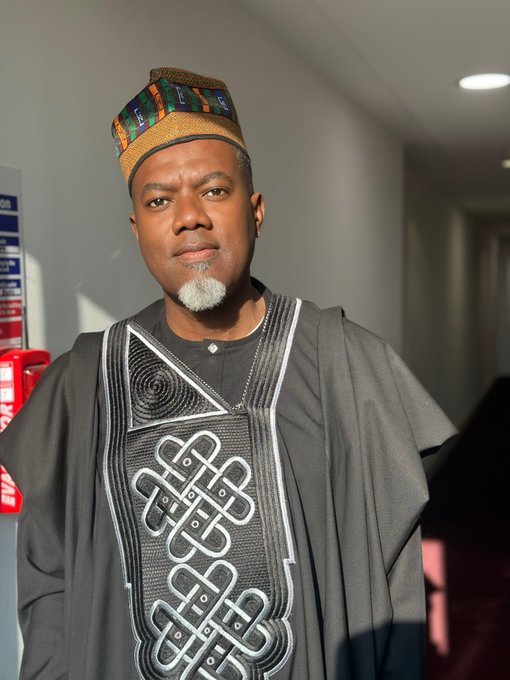Former presidential aide Reno Omokri has sharply criticized former Labour Party presidential candidate Peter Obi for addressing the 44th Olubadan of Ibadan, Oba Rasidi Adewolu Ladoja, as “my dear brother.” Omokri described Obi’s choice of words as disrespectful and unbecoming of someone who wants to lead Nigeria.
In a public message, Omokri reminded Obi that the Olubadan is a royal father and a First Class King, whose throne is older than Nigeria’s colonial history. He pointed out that Ibadan was once the largest city-state in West Africa, and the Olubadan’s status is that of a “warrior king” and Kabiyesi—meaning a ruler who cannot be questioned.
“His Royal Majesty, the 44th Olubadan of Ibadan, Oba Rasidi Adewolu Ladoja, is a Royal Father. Therefore, he should not be flippantly addressed as ‘my dear brother’,” Omokri wrote.
“The ancient throne of Ibadan predates colonialism. This is not some warrant chief created by the British in a land without natural rulers.”
Omokri further challenged Obi to consider if he would refer to a respected Emir as “my dear brother.” According to him, if Obi would not show such informality to an Emir, he should not do so to the Olubadan either.
The former presidential aide accused Obi of lacking class, diplomacy, and leadership qualities, saying Obi is more suited to managing a market stall than governing Nigeria from Aso Rock.
“You are a low-cultured individual who lacks class and diplomacy. You are not polished. The only thing you respect is money. You are a trader, not a leader,” Omokri said.
However, Omokri’s attack on Obi did not go unchallenged. Political commentator Rufai Oseni criticized Omokri for focusing only on Obi while ignoring other prominent political figures like President Bola Tinubu and former Vice President Atiku Abubakar.
Oseni questioned why Omokri singled out Obi’s comment without holding others to the same standard, suggesting that the criticism was one-sided.
“Why attack Obi alone and ignore Tinubu and Atiku, who also interact with traditional rulers? This selective criticism raises questions about Omokri’s impartiality,” Oseni said.
Peter Obi made the “my dear brother” remark during a recent visit to Ibadan, where he met the Olubadan. His expression was likely meant as a warm and friendly gesture, reflecting his usual approachable style.
Traditional rulers in Nigeria, such as the Olubadan, hold great respect and authority in their communities. Their roles are deeply rooted in history and culture, often influencing social and political matters at the local and national levels.
The debate over Obi’s remark highlights ongoing conversations about the balance between modern political communication and respect for Nigeria’s rich traditional institutions.

